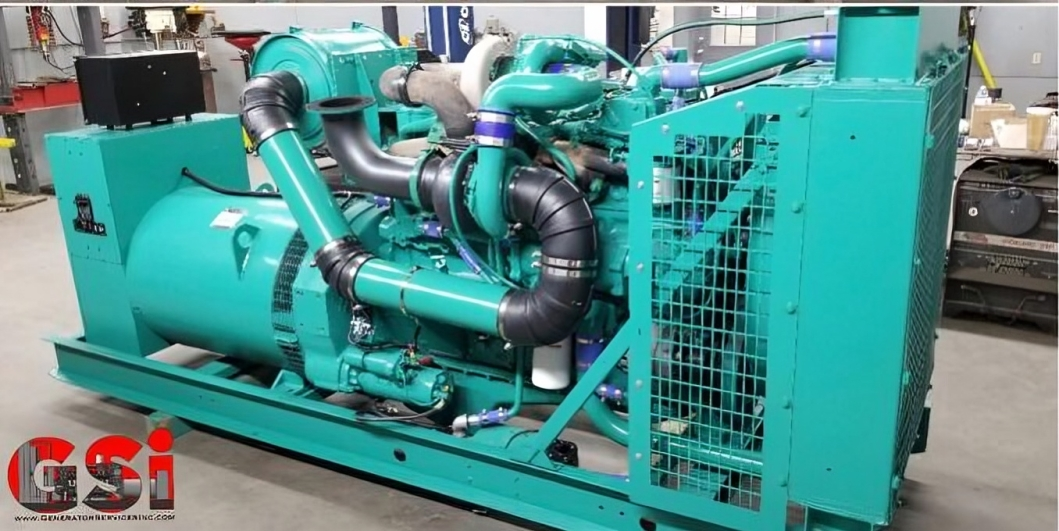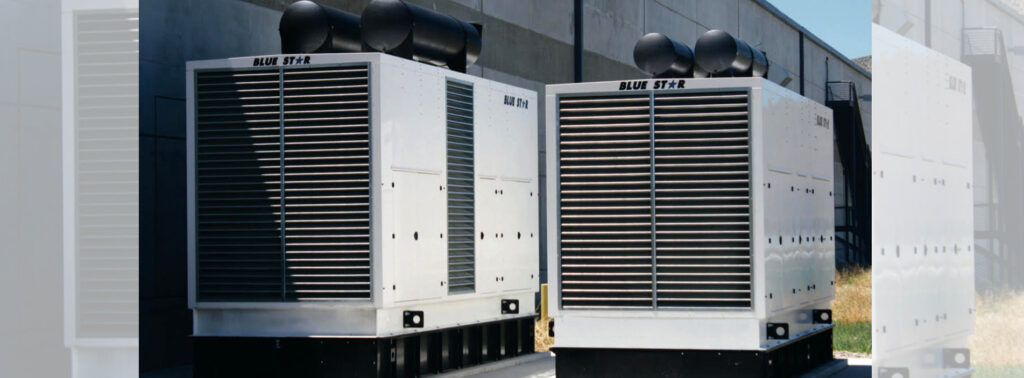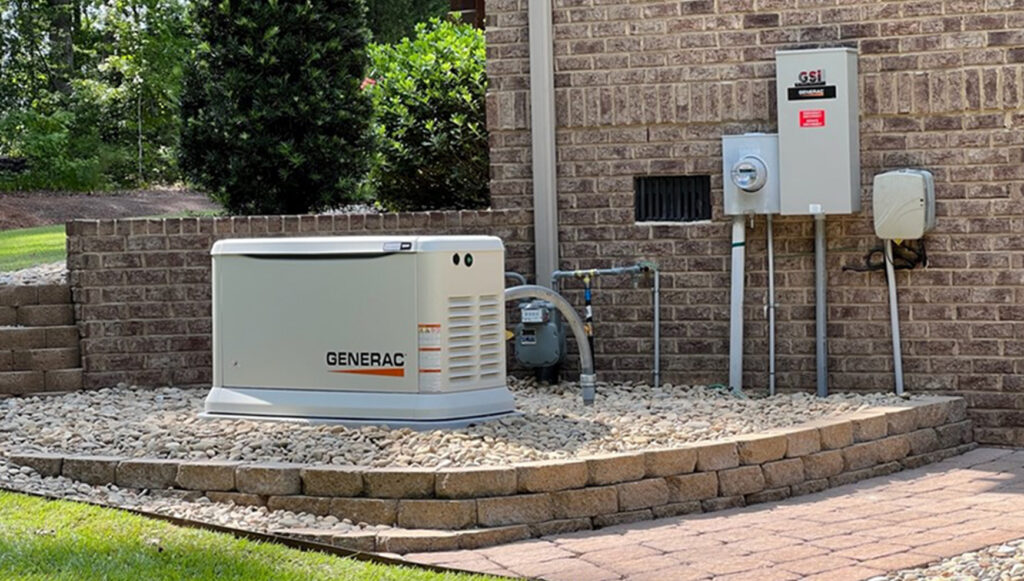What Parts Make Up a Generator & Their Purpose

Whole-home generators can provide a reliable source of electricity during a power outage. It’s important to have the right generator for your property, as every system is slightly different.
Generators have a wide array of parts that produce and deliver electricity throughout a property, depending on the system’s needs. Understanding these parts and which ones your system needs is crucial to choosing the right generator.
In this article, we’ll discuss the various parts of generators and how to ensure that you’re choosing the best system for your situation.
How Does a Generator Produce Power?
Generators don’t actually create new energy. Much like a vehicle powered by gas or diesel, they convert these fuels into electricity and then distribute it to the electrical system.
Most generators use either diesel fuel or natural gas to turn mechanical energy into electricity. While diesel-powered generators are durable and efficient, they produce more CO2 emissions. Natural gas generators operate cleaner, but they require a gas line connection. It’s important to consider your fuel availability and needs before choosing your generator.
The Main Components of a Generator
Every generator has similar parts, although each system will be a bit different from brand to brand. Every part plays a pivotal role in creating and distributing electricity. These are the essential parts of every generator.
Engine
The main source of mechanical energy in a generator is the engine. This is the driving force behind burning the fuel and turning it into electricity.
A large property will require a generator with a large engine. Smaller properties and homes won’t need as big of an engine in the generator.
Engine maintenance is vital for a generator’s continued operation. Much like a car’s engine, a generator engine needs regular tune-ups, oil changes, and other general servicing to keep the system running.
Alternator
The alternator in a generator converts the fuel from mechanical to electrical energy. This part of the unit allows the entire system to deliver power to your home or business.
Always seek out a generator with a good alternator, as this is one of the most important parts of the system. If the alternator doesn’t function well, you could run into unstable power creation and delivery.
Voltage Regulator
The voltage that flows through your generator needs to always be stable. If it doesn’t flow consistently, your appliances and devices won’t receive the power they need to function properly.
Automatic voltage regulators ensure the smooth operation of your generator, so you have few to no interruptions when using your appliances and other vital systems.
Cooling & Exhaust Systems
When any system burns fuel, it will create exhaust that needs to be removed from the unit. The cooling and exhaust system of a generator will send out exhaust and heat from the unit as it produces them. These byproducts need to be sent outdoors, so it’s important that your generator not send exhaust into the home or business.
These units need regular attention to ensure the heat and exhaust are safely being expelled. If they fail, the generator could overheat and cause serious damage or even a fire.
Lubrication System
The smooth operation of a generator requires the smooth movement of all the internal parts. The lubrication system ensures that oils are delivered to the gears so everything moves smoothly during operation.
Regular oil checks and changes are needed for any type of generator. Be sure to consult the generator user guide to ensure you’re changing the oil and lubricants as often as needed.
Battery
Just like in a car, the battery provides electricity to get the generator system going. If the battery is low or dead, your generator will fail. Consistent maintenance of your battery is crucial to ensure the system will operate. Be sure to know what type of battery your generator takes and how often it needs replacing.
Control Panel
The generator control panel allows the owner to manually turn the system on and off and monitor its output, voltage, runtime, and more. This panel makes it easy to know when the system is struggling and where the problem is located. Every generator has a control panel, but higher-level models will have more options and readings.
Enclosure/Frame
The enclosure and frame of a generator protect the unit from damage, reduce noise, and keep the system running safely. High-grade generators may have extra-tough materials to protect the unit from the damaging effects of weather. If parts of the frame or enclosure are damaged, it’s important to have them fixed right away.
Be sure to choose a generator that provides the right amount of power and safety for your needs. Work with expert generator installers to find and install a good system for your property.
Trust Generator Services Inc. For Generator Sales & Installation in South Carolina
For over 30 years, Generator Services, Inc. has been a go-to choice for generator installation, repair, and maintenance in South Carolina. Our family-owned business offers upfront pricing, specials, and financing. Look to us when you want to add a new generator to your home or business.
When you need generator services in South Carolina, turn to our team. Contact us now to schedule generator installation or repairs.



